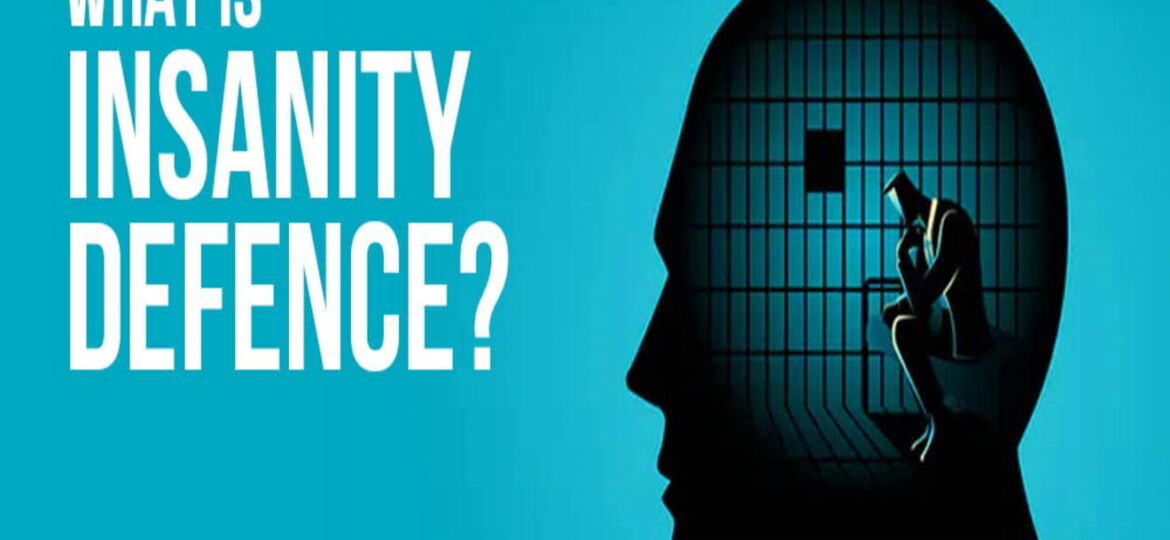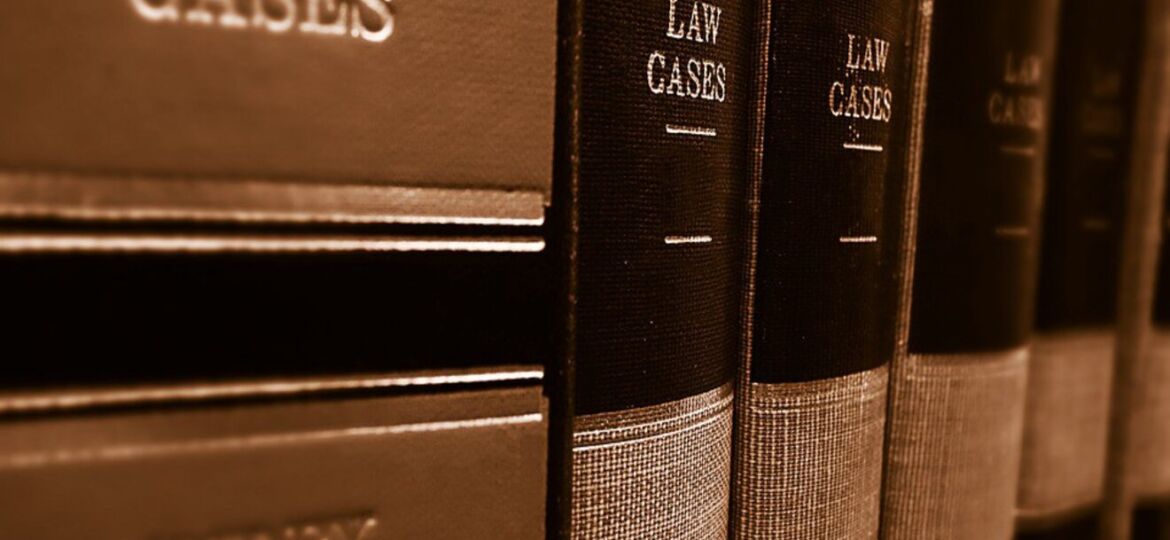The Indian Penal Code, 1860 (IPC) enshrines criminal jurisprudence for the republic of India and its citizens.
Numerous innovations (mobile Internet, artificial intelligence, smart home, and so on) have dramatically advanced in recent years
Humankind’s subsistence used to be a barbaric one. This state of events was concluded and the genesis of civil society was facilitated by the inception of the social institution called the state.
Is this a valid proposal? So the first question that comes to anyone’s mind is what makes a proposal valid, right?
A contract where even there is no contract or agreement made by the parties to it. Is it a contract even?
Although the internet has provided the maximum advantages to mankind, it comes with its disadvantages as well when misused.
The present article is to analyse the emergence of the doctrine of Absolute Liability with respect to the Rule of Strict Liability laid down in Ryland v Fletcher in 1866 and its development in the Indian perspective.
This case was popularly known as the Dance Bar case. The Government of Maharashtra had added Section 33A and 33B.








